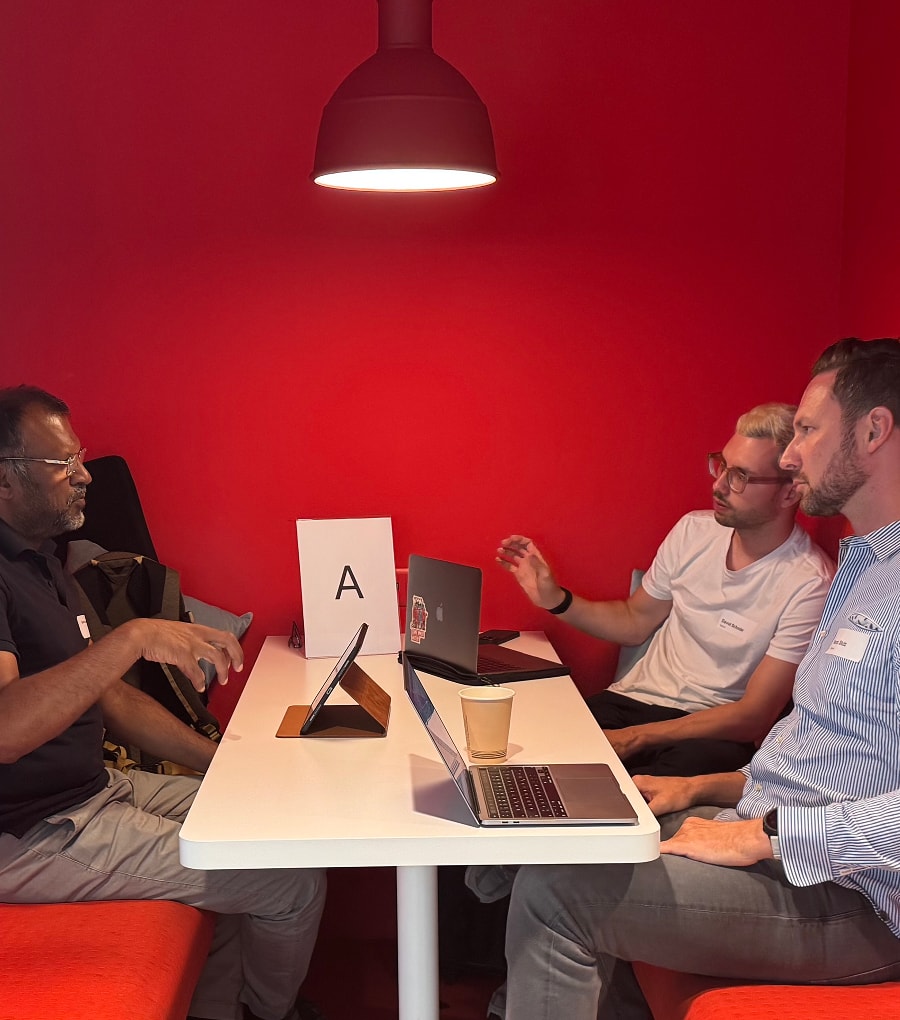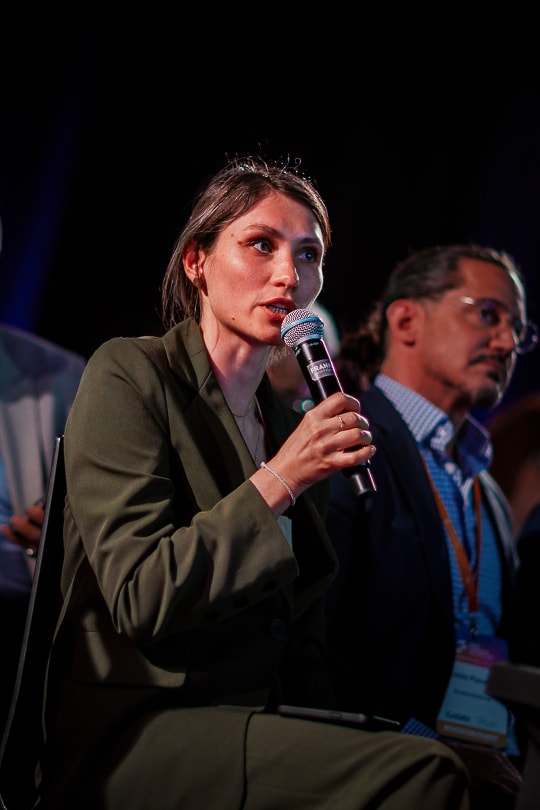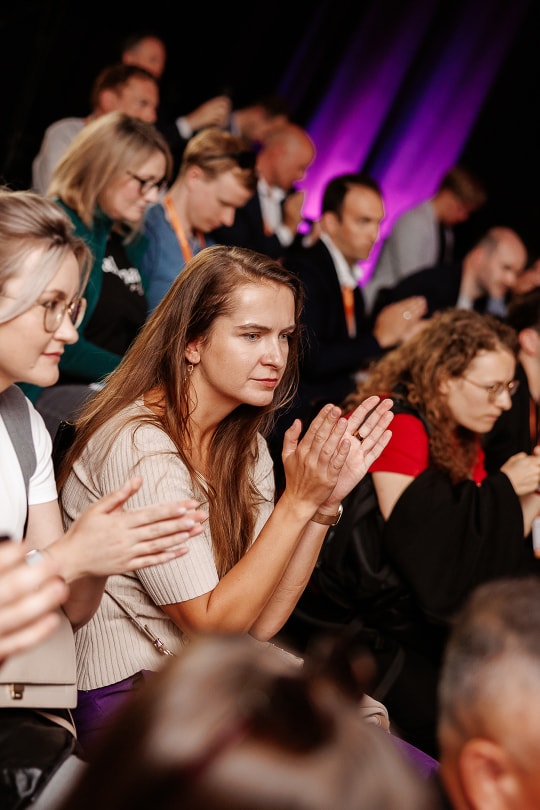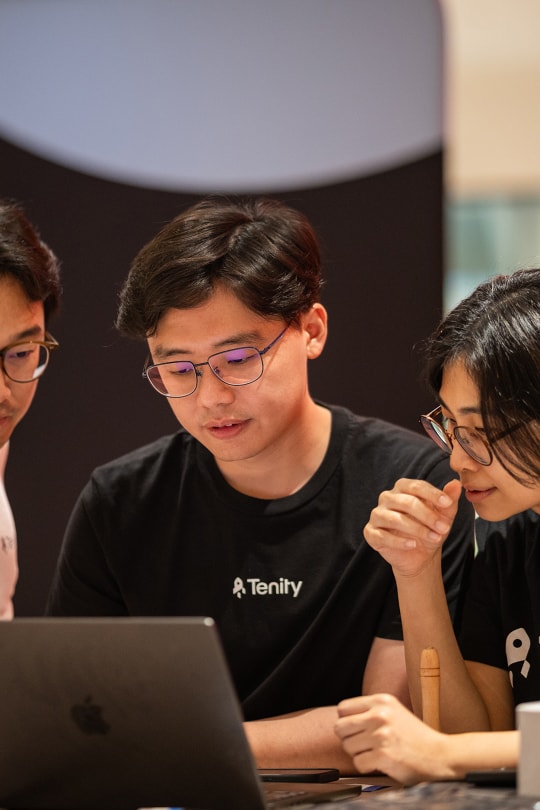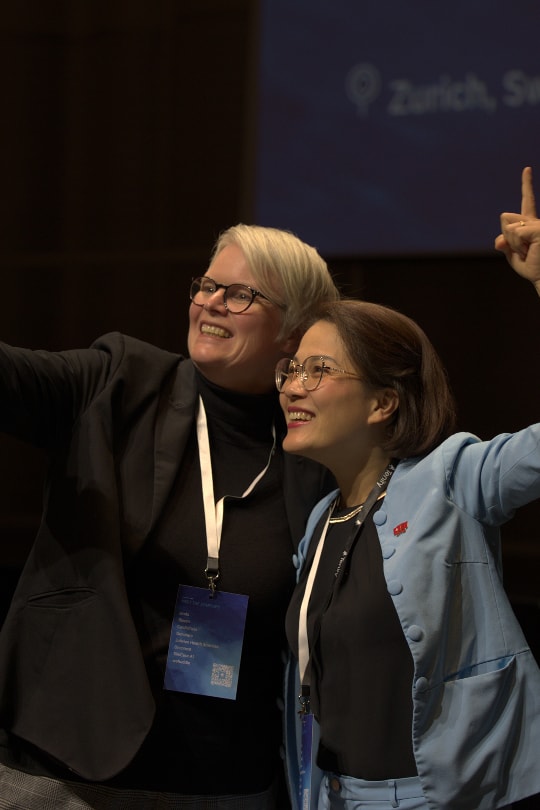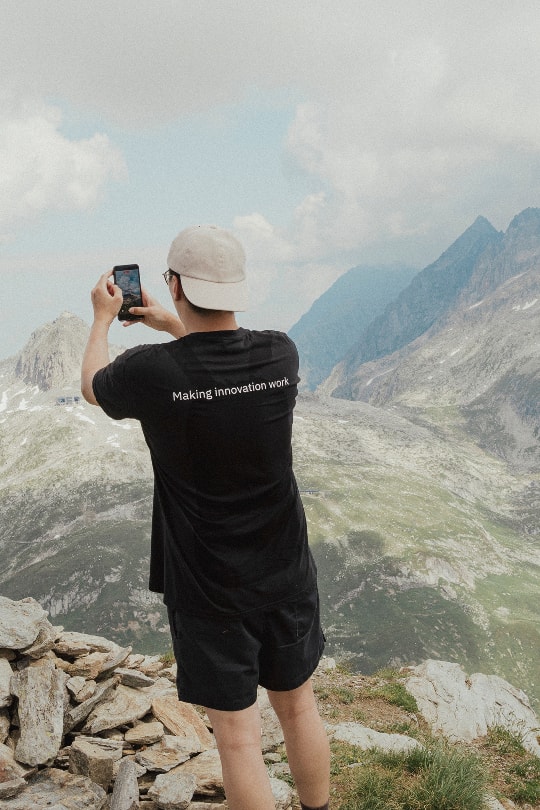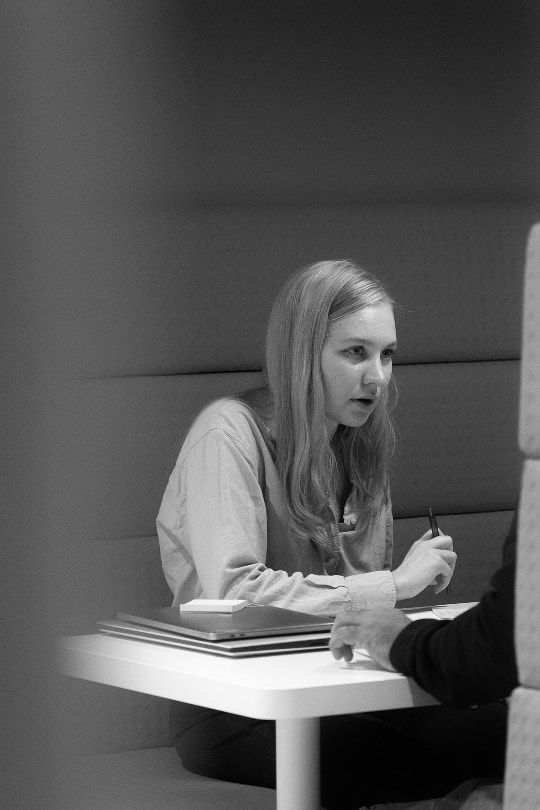Tenity offers startup accelerator programs, corporate innovation programs, hackathons, and ecosystem-led initiatives designed to help founders validate, scale, and partner with leading organisations.
Programs
that
power
founders
From early-stage to global expansion, Tenity startup programs give startups the capital, coaching and corporate access to purposefully accelerate growth. As part of our innovation powerhouse, every program is designed to create real outcomes – be it pilots, funding, international scaling or a combination of all.
How Tenity Startup Programs works
Tenity runs global startup programs, including accelerator programs, innovation initiatives, and hackathons, designed to help founders scale and collaborate with leading partners worldwide.
What types of programs does Tenity offer?
Who can apply to Tenity programs?
Tenity programs are open to startups, scaleups, and founders depending on the program’s focus, maturity stage, and industry vertical. Each program has specific eligibility criteria.
Are Tenity programs equity-free?
Some Tenity programs are equity-free, while others may involve investment or venture partnerships. This depends on the specific program structure and partners involved.
Tenity runs programs across multiple global hubs, including Europe, Asia, and the Middle East, with both local and international participation.
You can explore Tenity’s programs by focus area, location, or program type on this page.

